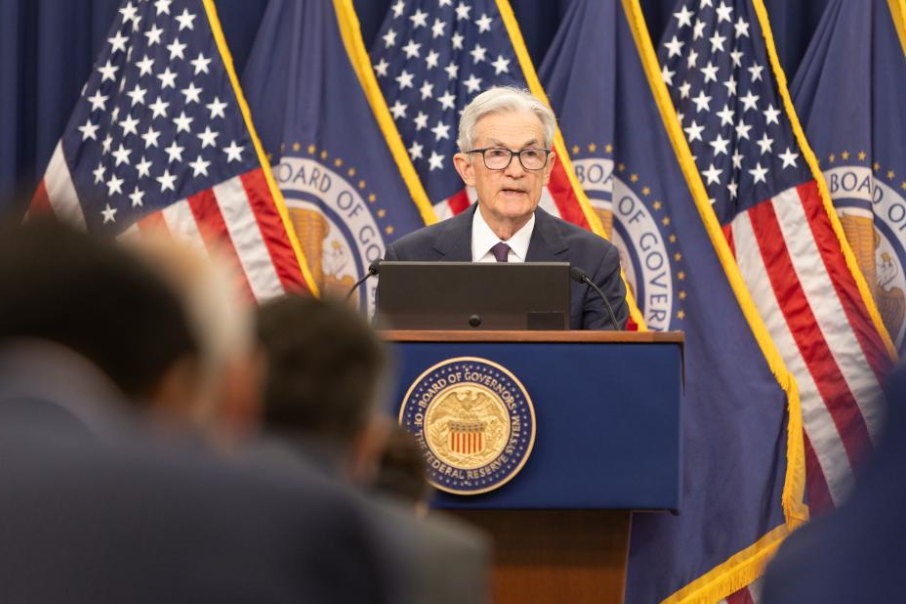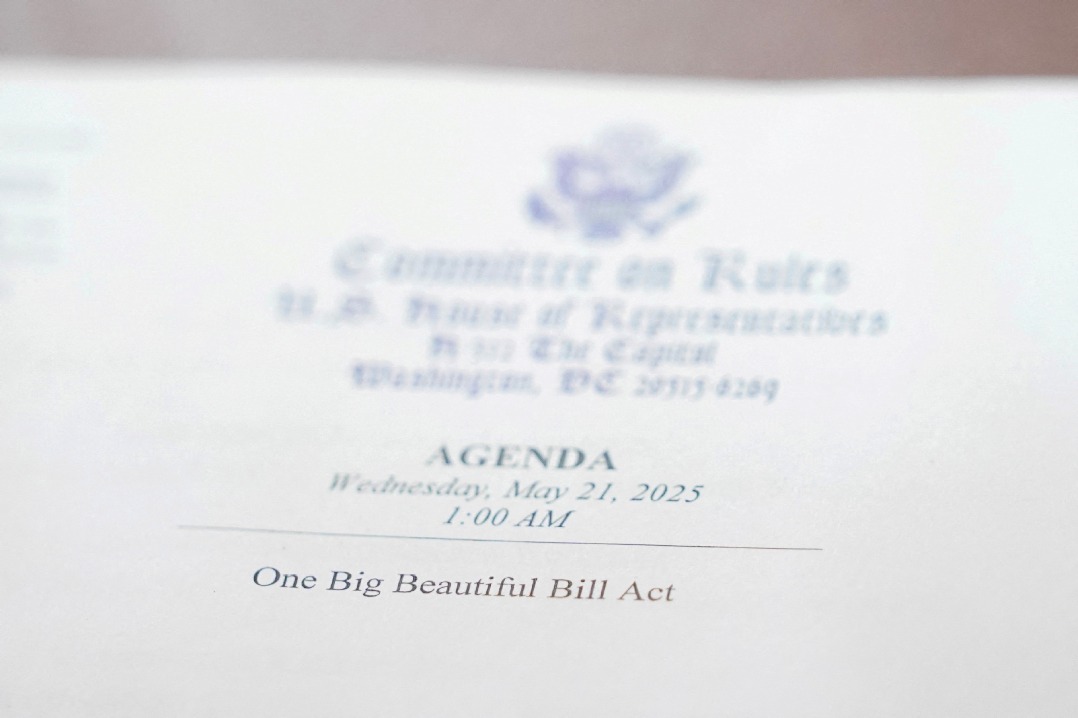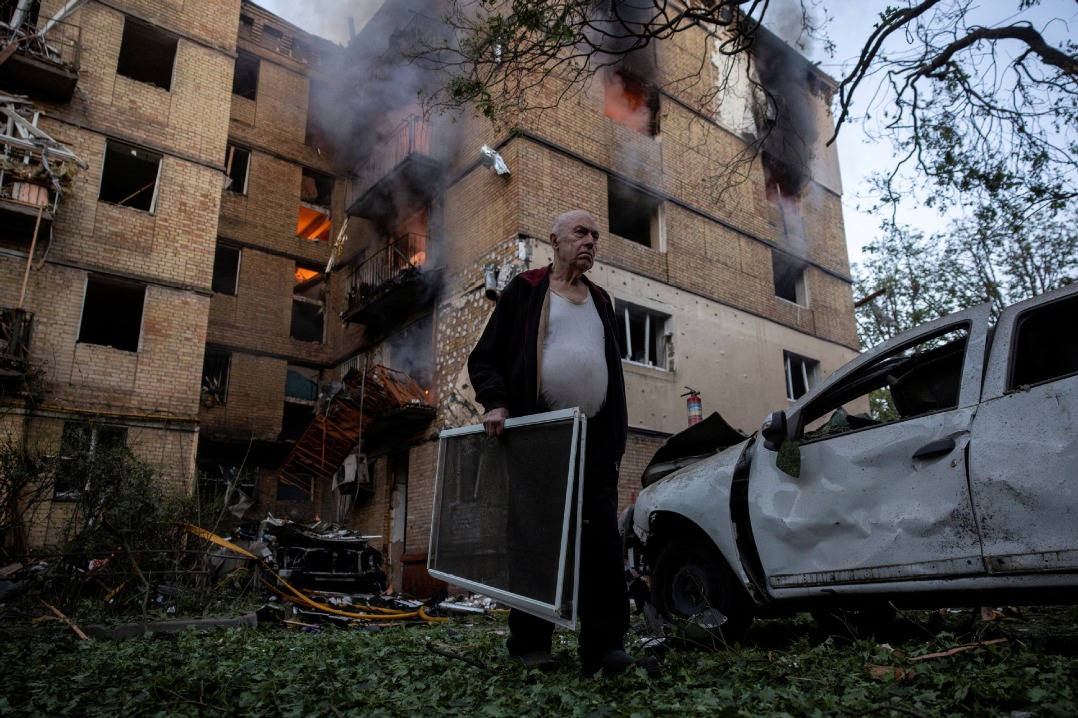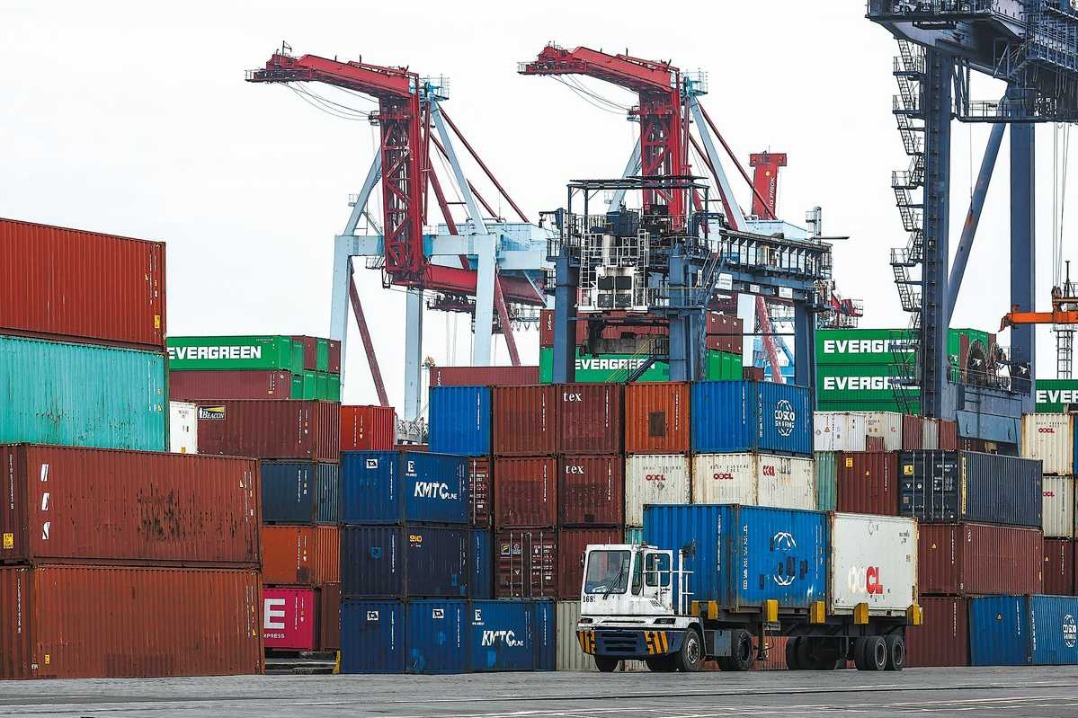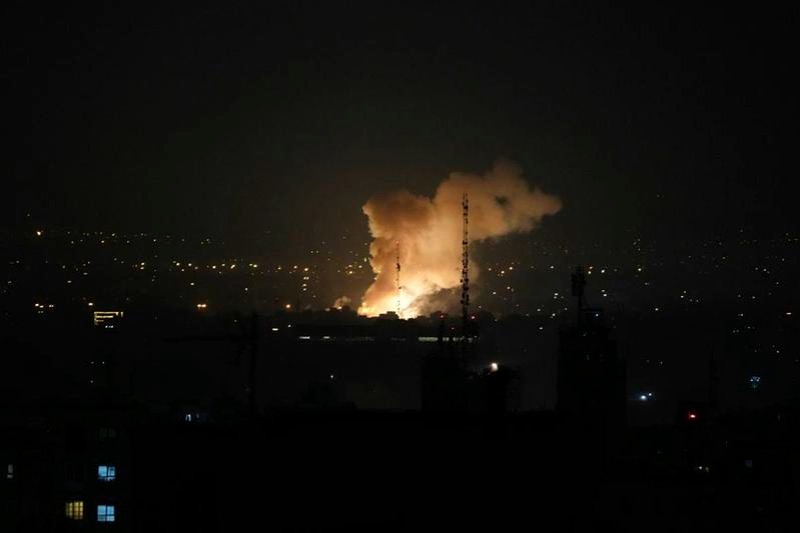A daunting task for Trump to reciprocate at summit

News of an on-and-off-and-on-again meeting between US President Donald Trump and Democratic People's Republic of Korea leader Kim Jong-un has cast doubt on a summit that some Americans believe could result in a Nobel Peace Prize for their leader.
There has been a lot of the blame game in the US for the roller-coaster drama. Some blame Trump, and some blame the DPRK, and even China.
What the drama has really exposed is a shocking lack of seriousness and preparedness on the US side, particularly on Trump's part, as to how to seize such a rare opportunity to ease the tensions on the Korean Peninsula.
It is true that for the two countries to agree to the historic meeting is in itself a major breakthrough, especially if we recall the dire escalation of saber-rattling and wars of words just months ago.
Despite the drama last week, Trump has shown some flexibility for a phased dismantling of DPRK's nuclear weapons program, in sharp contrast to the previous stance of a total abandonment of the arsenal without reciprocal US concessions.
The US must further clarify its stance after Secretary of State Mike Pompeo last Wednesday said in a House hearing that the US had no intention of making concessions to Pyongyang at the summit.
Pyongyang had made it clear that it would cancel the summit if the US forces it to unilaterally surrender its nuclear weapons program or floats the Libya model, as put forward by hawkish National Security Advisor John Bolton.
Denuclearization of the Korean Peninsula is the goal that many countries have been working hard toward in past decades. The same is true for peace and stability on the peninsula and in the region.
To achieve the goals, the US should be well prepared as to what concessions it is willing and capable of offering in the summit and subsequent talks.
The DPRK has long cited security concerns to justify its development of a nuclear program. After all, a peace treaty to end the Korean War, which started in 1950, has yet to be signed by the relevant parties.
Trump said last week that "He (Kim) will be safe. He will be happy. His country will be rich". It is a goodwill gesture, but words or tweets are insufficient. The security guarantee must be in a formal document so that the Trump administration and future US leaders will be obliged to abide by it.
It is a lesson learned from the Libya disarmament in 2003. The Obama administration and its NATO allies pursued regime change in Libya in 2011, just eight years after Muammar Gaddafi gave up his nuclear weapons program.
In this sense, the US has much to do to make its security guarantee credible this time around.
The US likes to blame the DPRK for all the past failures on denuclearization. But certain US government actions — such as when the US government stopped shipping oil to the DPRK as agreed upon and President George W. Bush calling Pyongyang part of an "axis of evil" — were also much to blame for the setbacks.
Key in the security assurance is the DPRK's long-standing opposition to the massive US troops stationed in South Korea and their frequent joint drills on the peninsula.
If the peace treaty to end the Korean War is signed, it does not make sense for the US to continue to deploy those troops on the peninsula. Holding regular military exercises aimed at the DPRK would become unnecessary provocations.
However, some US politicians and the military industrial complex don't want to see a de-escalation of tensions on the peninsula, let alone a unified Korea, because that would take away the justification for such a US military presence on the peninsula.
The phasing out of UN sanctions and US unilateral economic sanctions on DPRK, while a very reasonable expectation for DPRK, will unfortunately be extremely challenging politically at home for Trump.
China has long advocated direct contact between the DPRK and the US to ease tensions. Unlike the accusation by some Americans, China does not oppose Korean reunification because no one else in today's world better understands the term "reunification" than Koreans and Chinese.
The Chinese would applaud a reunified Korea as a peaceful, prosperous and friendly neighbor. Yes. China would not like to see a reunified Korea that becomes a puppet of the US and is used as a geopolitical tool by the US against China, especially with US troops stationed along the Yalu River.
The ball is now really in Trump's court. The DPRK has made major goodwill gestures in the past weeks towards improving relations and denuclearization, by blowing up its nuclear test site and releasing three US detainees.
Contact the writer at chenweihua@chinadailyusa.com
















